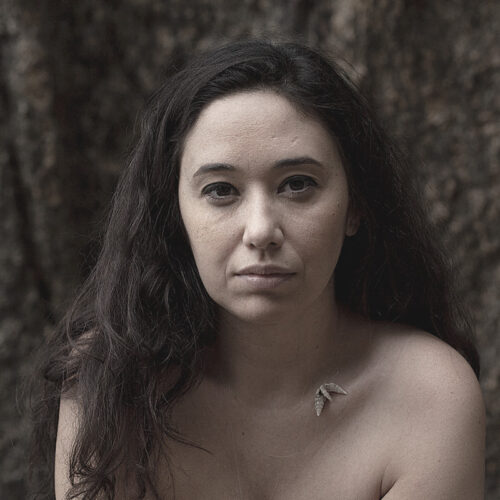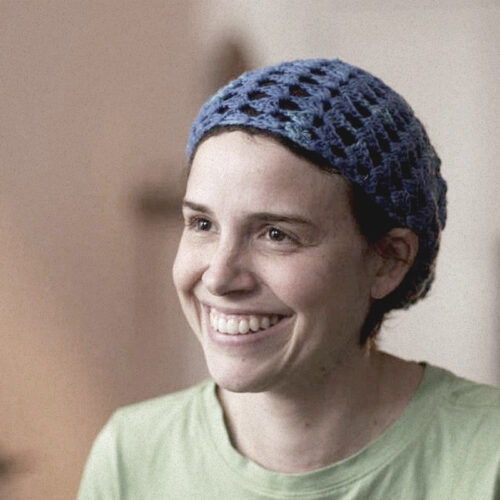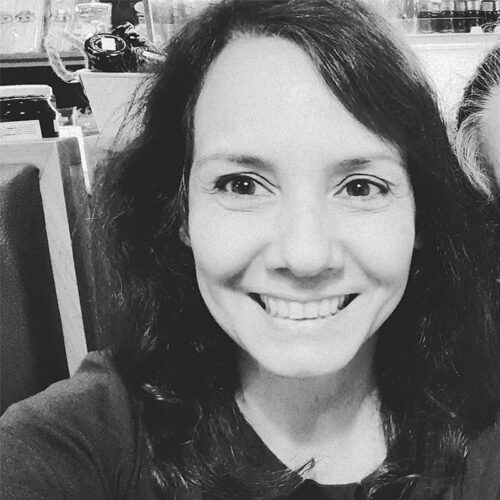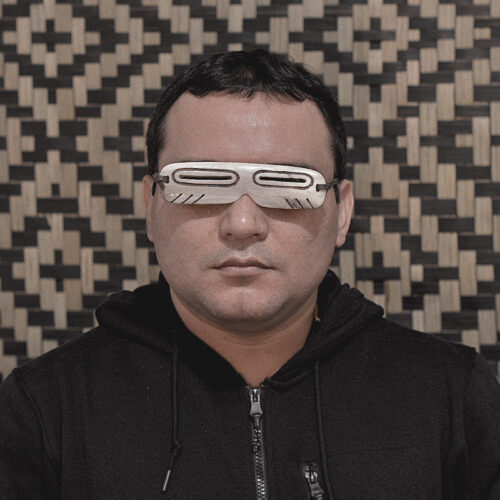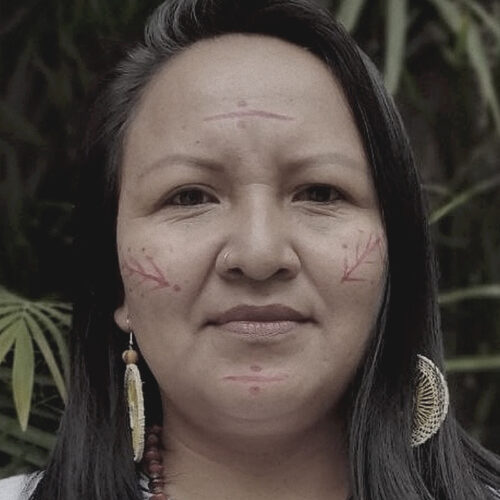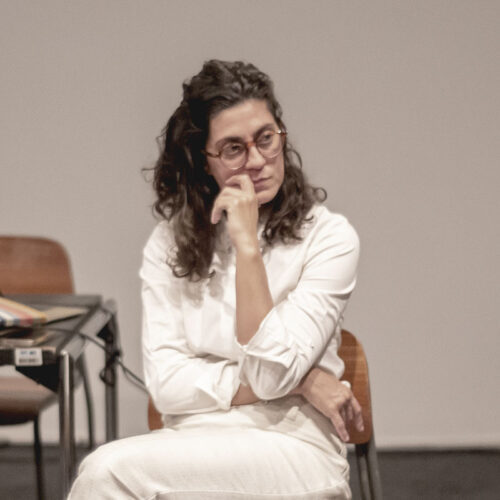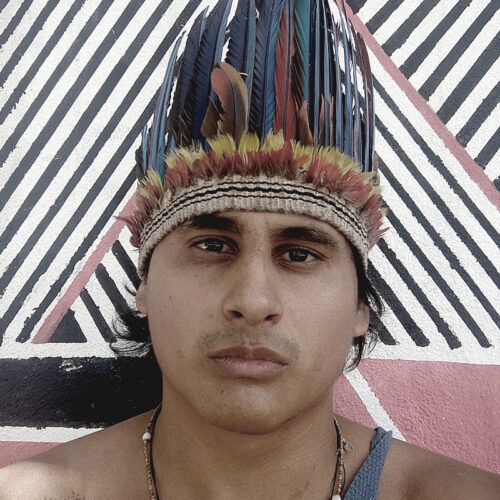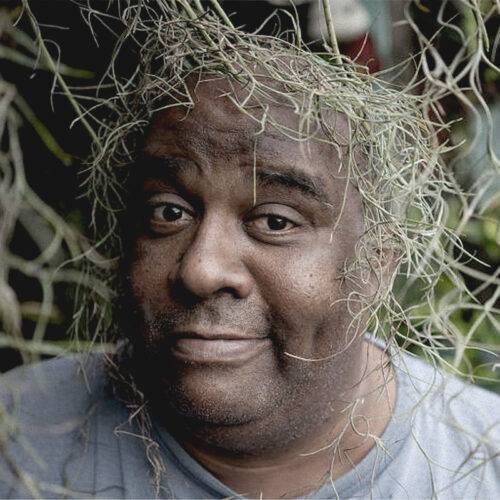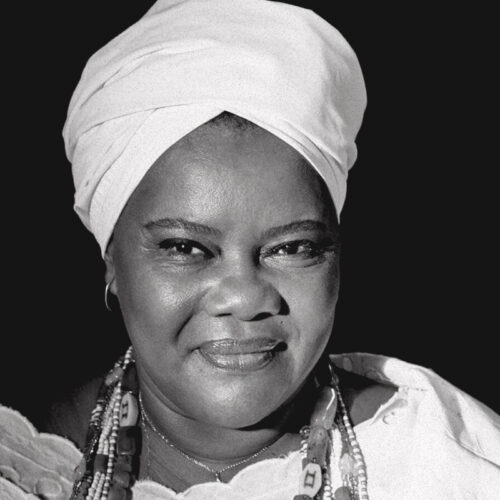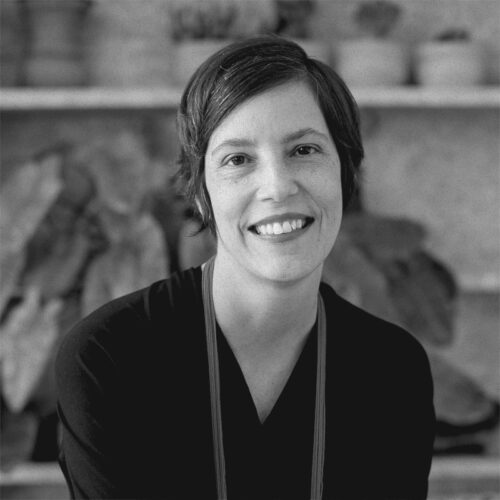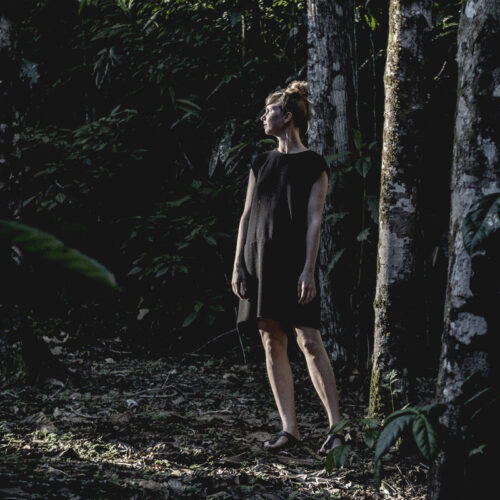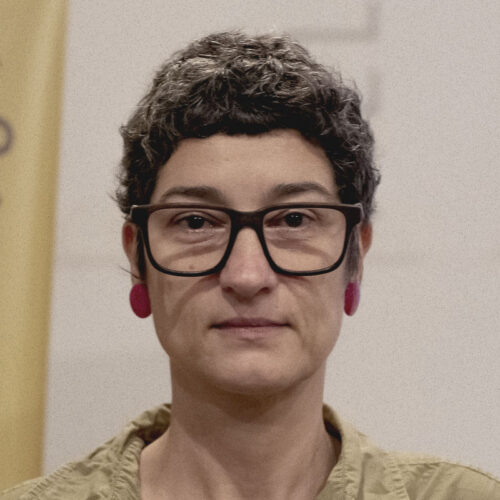14h—14h30
AUDITORIUM
>>
Opening
Introduction and presentation of the artists selected for the residence program Cidade Floresta.
14h30—16h
AUDITORIUM
KNOWLEDGE SHARING
The intelligence of plants
Open roundtable that seeks inspiration from scientific knowledge, spiritual practice, everyday life, and economic dynamics around the potential of plants to transform urban life in the present.
With Denilson Baniwa, Mãe Celina, Bella, Luís Cassiano (Teto Verde) and others.
16h—18h
AUDITORIUM
PANEL
The power to capture
Who owns the city? In theory, cities are pacified territories, organized along logics of property and rights, places of civilized co-existence. As the story goes, the force of law was instituted to put an end to the endless wars that supposedly raged through savage societies, in a violent but pacifying act. Anyone who lives in Rio de Janeiro, in Brazil and perhaps in the world of the 21st century, knows that this is not the case. The city’s territory is crossed by disputes between different powers, in addition to the sovereign: the power to capture, loot, hunt, expel and criminalize. How can the city organize and live its conflicts in a non-violent way without falling into the false promise of pacification?
With Alexandre Mendes, Iazana Guizzo e Lenin Pires.
18h—19h30
AUDITORIUM
PANEL
The forest bears witness
What histories are hidden inside the breathtaking landscapes of the Amazon and the Atlantic rainforest? What memories can be revealed by digging beneath the asphalted and landfilled soil of our cities, built on forest soil? There are memories of the forest that preceded the city and traces of pre-colonial urbanities. To establish a connection with the soil is to unite with its restorative and regenerative power, its rich web of life that makes it possible for plants and animals to exist on the surface. Soil is much more than just earth – it is food, a repository of information and a stimulus for the imagination.
With Clarissa Moreira and Anita Ekman.
SAT/03/JUN
11h—12h20
AUDITORIUM
PANEL
Reforesting democracy
The museum is traditionally a place of accumulation, housing both physical objects and the knowledge they symbolize. Its origins are rooted in the practices of modern citizenship, inviting visitors to actively participate in the processes of collecting and displaying diverse realities. However, this legacy is marked by colonial and patriarchal aspects, which have been the target of feminist and decolonial criticism for decades. How can we organize the forums necessary to “arrive on earth”, in the words of Bruno Latour, and recognize that “life is wild”, as Ailton Krenak says? How can we digest the traumas and mistakes of the past? How to reforest democracy?
With Zoy Anastassakis, Wellington Cançado, Lucas Munduruku.
14h—16h
GALLERY 4
PANEL
Metabolic Museum
Let’s go deeper into the museum, out of the auditorium and into an exhibition room. In contemporary art, there is an approach that brings together art, geography, museology and activism, inspiring us to critique public institutions such as museums, schools, parks and so on. What is the metabolism of an institution, how could it become more alive, transformative and connected with what’s inside and outside of it?
With Renata Marquez and Francy Baniwa.
16h—18h
GALLERY 8
IMERSION
Orchestrating chance
“Orchestrating chance” is a silent experience of encounter and presence proposed by Anna Costa e Silva for pairs of people who don’t know each other. The work will begin in the Tamagotchi_balé cave-exhibition and unfold through the Hélio Oiticica space, passing through the immersive environment of Cosmococa on the 1st floor until it reaches the street. Grouped in pairs, the participants will receive a notebook of the artist’s scores to experience a kind of relational “treasure hunt”, which involves listening to dreams, sensory explorations of the space and the sharing of memories and confessions, designed for each of the spaces visited. It’s a provocation that exists as a counterpoint to the techno-algorithmic dystopia presented in Tamagotchi_balé, proposing connection and openness to what escapes the screens – combustions, affections, strangeness, magic.
With Anna Costa e Silva.
MON/05/JUN
13h—16h
AUDITORIUM
WORKSHOP
Let’s become fungal! Mycelium as Methodology
“Let’s become fungal!” is more than a book. It’s a methodology and a way of thinking that can be activated in communities, networks and organizations. It offers twelve teachings from the world of fungi that we will discuss collaboratively and see how we can apply them to our lives, ways of working and ways of being. From a mycelial meditation to collective readings and biomimicry exercises, the workshops are suitable for anyone interested in discovering what we can learn from the world of fungi.
With Yasmine Ostendorf-Rodríguez.
Participants

